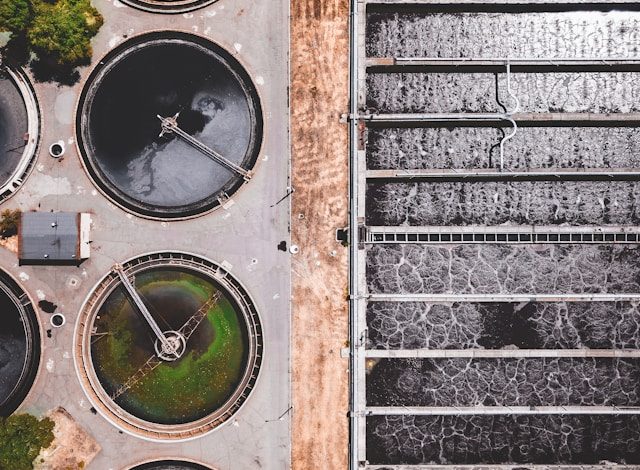
THE WATER OF THE FUTURE: HOW ENGINEERING IS REVOLUTIONIZING WATER RESOURCE MANAGEMENT
In an increasingly thirsty world, water engineering is emerging as a key player in the fight for equitable and sustainable access to this vital resource. Water, essential for life, is at the center of a global crisis where scarcity, pollution, and climate change threaten its availability. However, science and technology are offering innovative solutions to ensure that this precious resource is managed efficiently and sustainably.
Desalination 2.0: A New Era for Drinking Water
Desalination, once considered a costly and unsustainable option, is entering a new era thanks to technological innovation. Traditionally, the process of removing salt from seawater required enormous amounts of energy, making it accessible only to wealthy nations with abundant energy resources. Today, however, technologies such as advanced reverse osmosis and the use of innovative membrane materials are revolutionizing the sector.
These new technologies are making desalination more efficient and less environmentally impactful. For example, the adoption of advanced materials has significantly reduced energy consumption, lowering costs and making desalination a viable solution even for developing countries. In this way, drinking water is becoming a reality for millions of people living in arid regions where access to water resources is limited.
Smart Water: How Sensors are Changing Water Management
The digital era is radically transforming water resource management. Advanced sensors and real-time monitoring technologies are becoming indispensable tools for optimizing water use across various sectors, from agriculture to industry, and even in urban distribution networks.
These sensors provide valuable data that enable the immediate detection of anomalies, such as leaks in networks or pollution in water sources, allowing for prompt intervention to resolve issues. In agriculture, for instance, precision irrigation, made possible by soil moisture sensors and artificial intelligence algorithms, is drastically reducing water waste. This approach not only improves water efficiency but also contributes to higher crop yields, offering sustainable solutions in a sector that consumes about 70% of the world’s available freshwater.
Green Cities: Sustainable Infrastructures for a Resilient Future
Cities around the world are facing unprecedented water challenges. The growing urban population and the effects of climate change, such as sudden floods and prolonged droughts, are putting immense pressure on existing water infrastructures. In many cases, these infrastructures are outdated and no longer adequate for new realities.
To address these challenges, engineers and urban planners are developing green infrastructures that integrate natural elements, such as parks, green roofs, and wetlands, into water management systems. These systems, in addition to improving water quality and reducing flood risks, also provide recreational spaces for communities and contribute to better air quality. The implementation of these green solutions represents a fundamental step towards more resilient and sustainable cities, capable of adapting to climate change and ensuring more efficient water resource management.
Reuse to Survive: The Future of Water Lies in Recycling
In a global context where water is becoming increasingly scarce, water reuse and recycling are taking on a central role in resource management. Projects that treat and recycle used water, whether for agricultural or industrial purposes, are proliferating in many parts of the world. These projects represent a concrete response to the need to reduce waste and find new water sources in contexts where resources are limited.
Water reuse is a strategy that allows used water to be transformed into a valuable resource, reducing pressure on freshwater sources and minimizing environmental impact. These projects are becoming increasingly sophisticated, thanks to the use of advanced technologies that purify water to high-quality levels, making it suitable for a wide range of uses.
Working Together for a Blue Future: Global Collaboration in Water Management
Addressing the global water crisis requires a joint effort from engineers, scientists, policymakers, and local communities. No single nation or sector can solve the challenges related to water management alone; an integrated approach is needed that considers water not only as an economic resource but as a common good to be protected and preserved for future generations.
International cooperation is essential to develop and implement innovative and sustainable solutions. Moreover, it is crucial to raise public awareness and promote education on the importance of water management, so that people around the world understand the severity of the crisis and adopt more responsible and sustainable behaviors.
Water engineering and resource management are playing an increasingly central role in our ability to meet future challenges. Through technological innovation, sustainable design, and global collaboration, we have the opportunity to turn the water crisis into an opportunity to build a more resilient and sustainable world, where water continues to flow for all, today and tomorrow.
